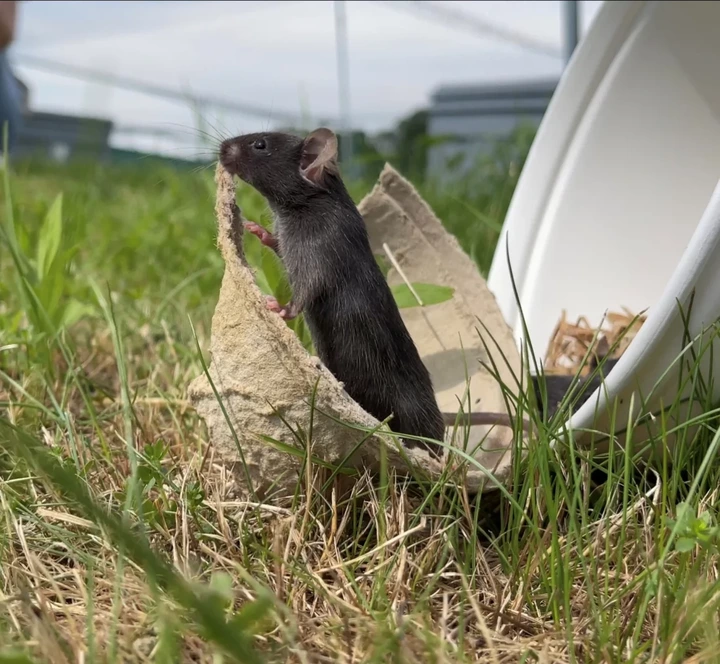Is luck a factor in evolution? Recent research suggests that chance may play a significant role in the survival of species.

View pictures in App save up to 80% data.
For numerous individuals, the concept of evolution can be summarized by the phrase: survival of the fittest. In any given population, there are differences among individuals in terms of their survival and reproductive capabilities, and those who succeed in this struggle influence the characteristics of the subsequent generation.
"Everywhere we look, outcomes across populations are unequal," says Matthew Zipple, an evolutionary biologist at Cornell University. "In natural populations, there's a huge amount of variation in starting position in terms of an individual's environment and its genetics."
Biologists usually focus on the genetic and environmental causes of this variation, but sometimes, organisms just get lucky.
A male ram vying for the attention of a female may encounter a competitor who inadvertently loses its footing on a loose stone and falls to its demise. Meanwhile, a scavenging bird might stumble across an abundant food source before its peers, purely by luck.
According to Zipple, the fortunate occurrences that individuals cannot foresee or influence may help clarify why certain people achieve success while others do not. This contemplation led him to question, "How do luck and competition contribute to the disparities observed in adulthood?"
Responding to that question is complicated, as the possible factors contributing to a person's success — such as genetics, surroundings, and chance — differ significantly across natural populations. Therefore, Zipple and his team decided to think outside the box.
"We were curious about the outcome of establishing a society where every individual begins with identical genetics and has equal access to resources within the same environment during their formative years," explains Zipple. "As these individuals mature into adulthood, will there be noticeable differences among them? Will we observe the emergence of inequality?"
Establishing a fair community for mice.
The researchers established this community by utilizing approximately one hundred genetically uniform mice. They organized groups of roughly 26 two-week-old mice along with their mothers into outdoor enclosures designed to replicate their natural habitat, while ensuring that all groups had uniform "resource zones" equipped with food and shelter. Over a span of 46 days, the team monitored the mice, assessing their behavior and different fitness parameters, such as weight.
In this experimental setup, a key variable stood out. According to Zipple, male mice of this strain engage in fierce competition to establish territories and secure food, whereas females do not participate in such rivalry. "This creates an advantageous system where one sex is involved in intense competition while the other remains unaffected," he explains.
According to Zipple, when genetics and environment are considered mostly equal, what remains are "these highly specific and contingent experiences."
For instance, a male mouse could unexpectedly